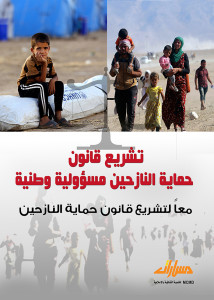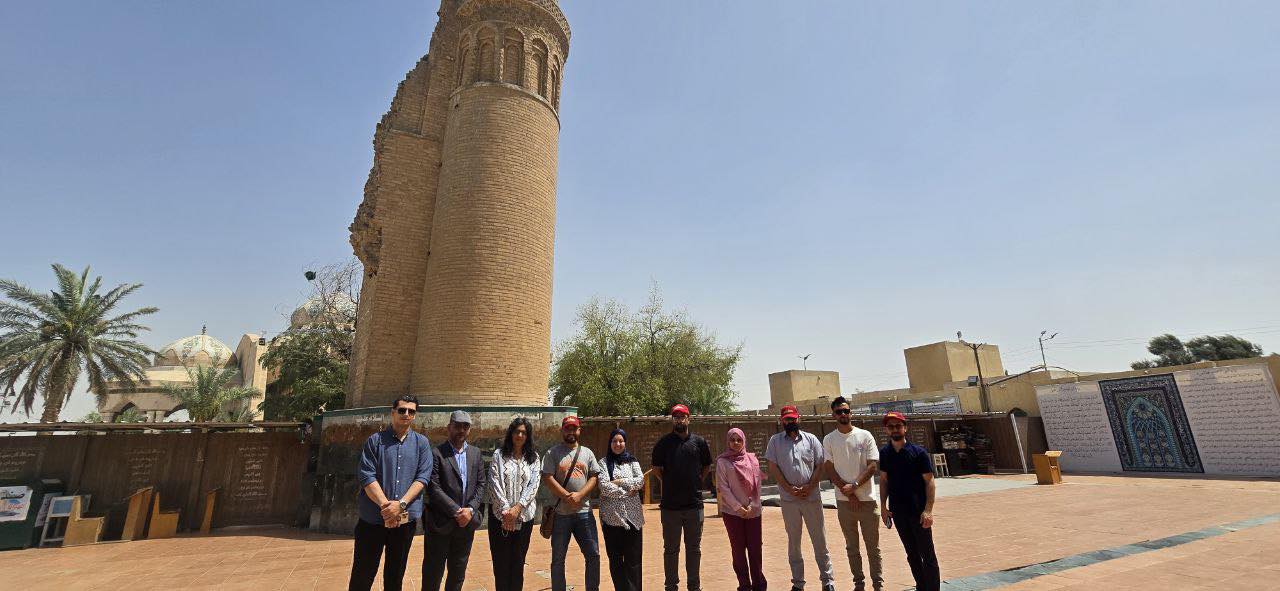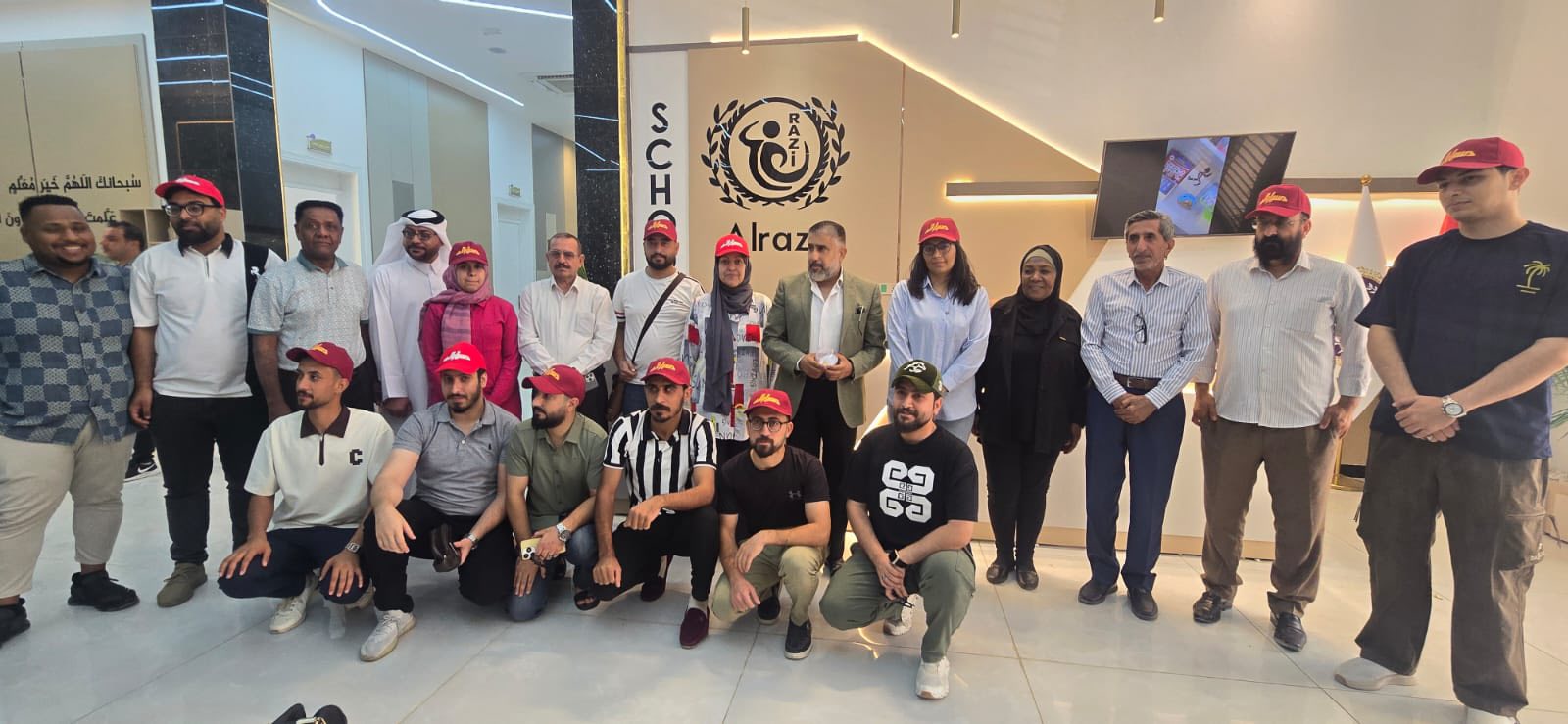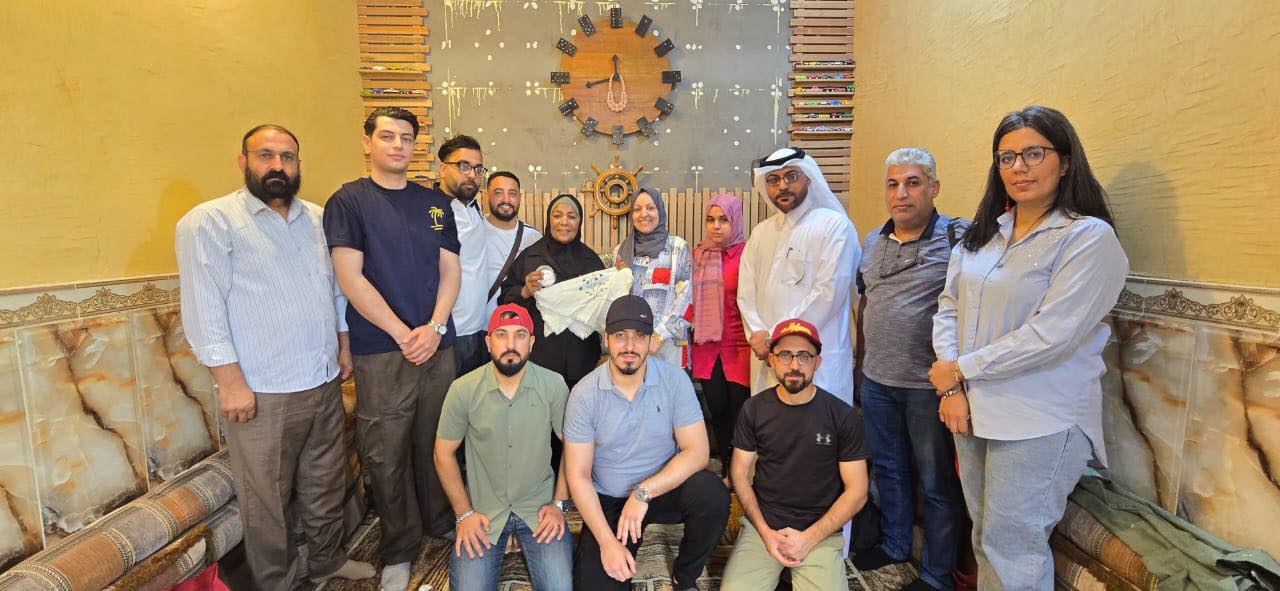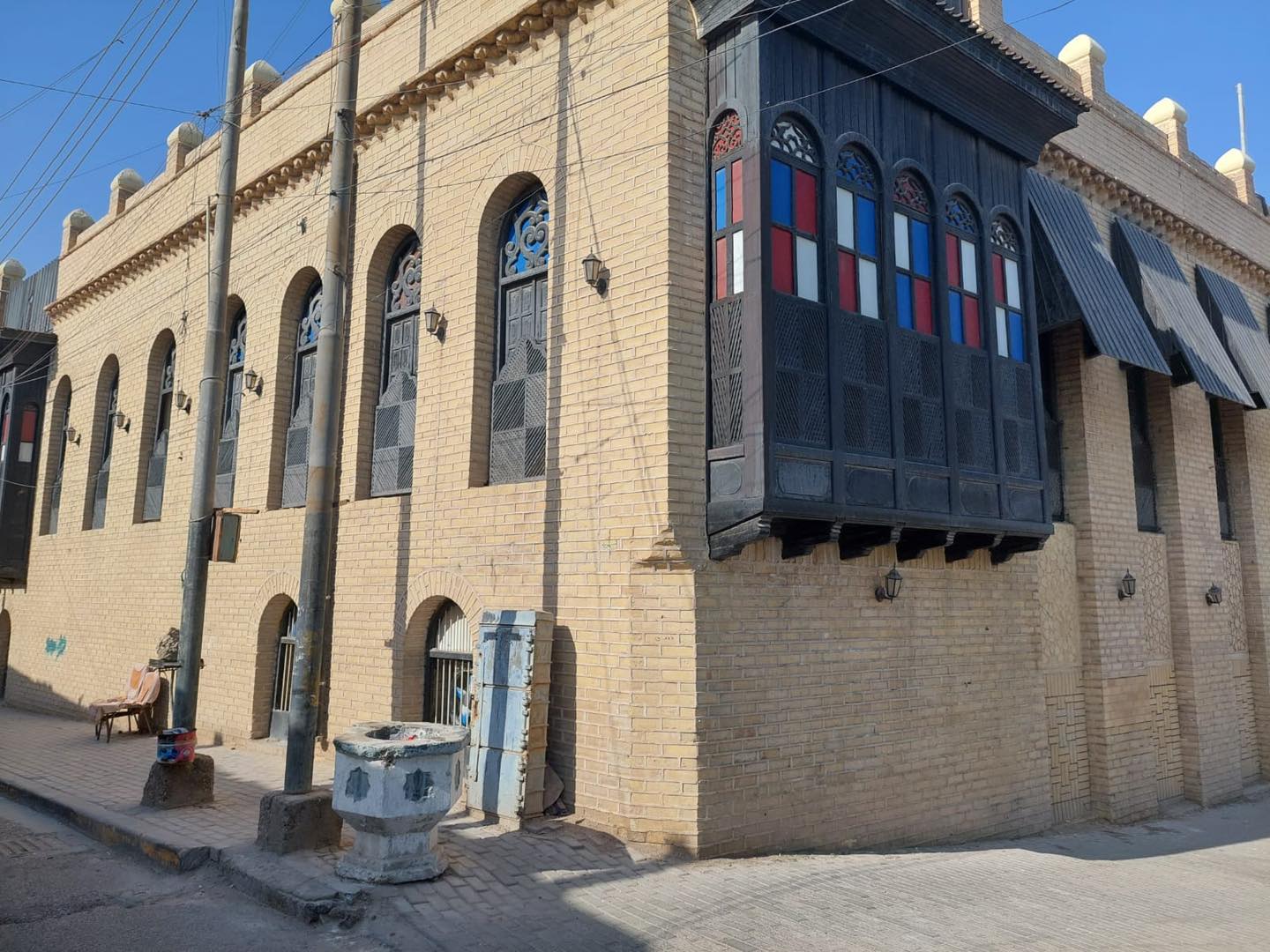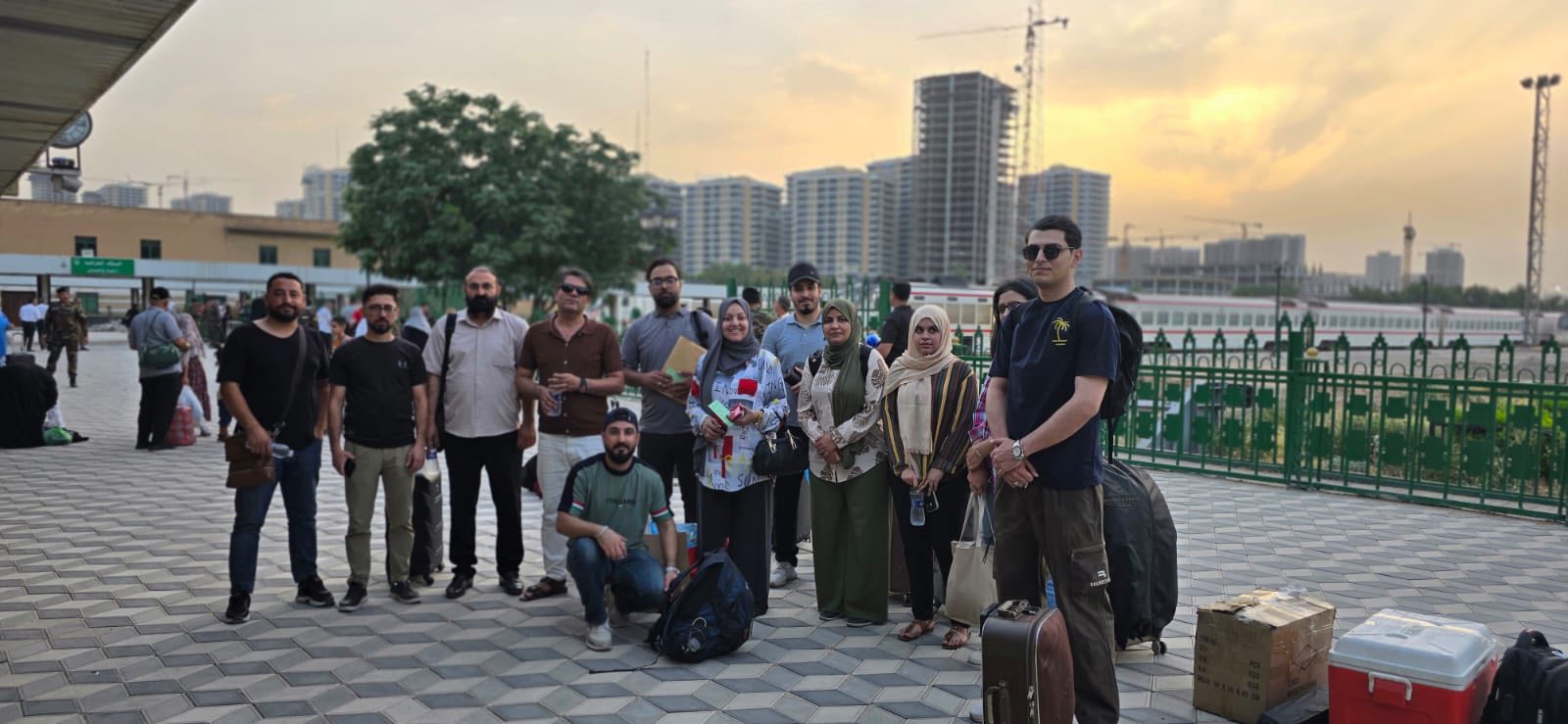May\2005
This report is statistics on internal migration, in terms of displaced number and their needs, and what of these needs were met? Besides what will be met in the near future?
In addition, it contains initial statistics of governmental spending on displaced, and what legal steps and facilities which are presented for displaced.
First: statistics: displaced, who fled fighting areas, headed for two areas:
1_Kurdistan territory, namely its three provinces (Erbil, Sulaymaniyyah, and dohuk) .
2_Southern and Central Iraq, thus (Baghdad, Basrah, Karbala, Babil, Al_Diwaniyah, Maysan, Dhiqar,Wasit,Al_Muthanah, and Najaf).
The entire approximate statistic of displaced since the crisis has started is 2835000.
Women constitute 1112000 of that statistic, whereas children are 1229000, and elderly is 224000.Second: needs:
1_ Accommodation: as far as accommodation is concerned, displaced situation is unsatisfactory, namely the tents that they were provided with were lack of suitable standard of living, especially on healthy regard.
As well as, in accordance to official statistics the caravans were insufficient, whether in Kurdistan or Southern and central Iraq.
2_ Ministry of health presented in host areas healthy services by its hospitals, dispensaries, and patrolling teams.
In spite of these efforts many epidemics are predominant in these areas, Such as skin and malnutrition diseases, as well as child death and abortion.
Undoubtedly, there is increase in desperation cases, which hit religious minorities, such as Christians and Yezidis, who had survived kidnapping and violence acts.
3_Food: Federal and local governments as well as relief foundation have provided displaced with food services.
Even so these services amid widespread corruption fall short of displaced needs.
4_Education: ministry of higher education and scientific research and ministry of education give displaced students many facilities, in terms of accepting them in schools and universities of host areas where they fled to .Even though those students face difficulties of scientific clearing matters.
5_ Legal facilities: interior ministry and ministry of planning allowed displaced to enjoy some privileges in terms of official documents. Even though major disadvantage can be observed relate to sponsorship system, which force displaced families to find sponsors to enable them to enter host areas.
6_Living needs: standard of living is on decline, specifically in electricity field. In addition there is a noticeable shortage in performance of foundation involving on that area.
Third: Approximate spending: more than a hundred billion dinars dedicated to displaced, and a bestowal of million dinars for each displaced family.
According to authorities up to 45% of displaced received that bestowal.
Fourth: Geographical distribution of displaced:
1_Displaced left provinces where they lived, Such as Ninawa, Salahdin, Diyala, and Anbar.
2_Displaced left for Baghdad, Babil, Karbala, Wasit, Dhiqar, Najaf, Maysan, Al_Muthana, Basrah, Sulaymaniyyah,Erbil, and Dohuk.
Fifth: Host areas condition: most of the host areas suffer from deteriorating security situation, that give rise to dominant violence.
Sixth: Governmental role and legal facilities:
1_ Federal government: there must be an inventory of displaced by ministry of displacement and migration, as well as surveys by interior ministry. Important to mention that there are difficulties of registration some displaced for lacking of official documents.
2_ Local governments: these governments should cooperate with other foundations to facilitate aid access operations.
3_Civil society and Relief foundations: these foundations must do its utmost to provide displaced with aid.
4_Conditions of kidnapped and terrorism survivors displaced in urgent need of Psychological treatment.
Apparently, Kurdistan government has followed that way of treatment, despite it has not applied to all displaced, whereas other host areas lack of that treatment.
What does Iraqi displacement and migration ministry require in terms of official documents for displaced?
1_ A closed file documents under name of the head of each family (issued by one of the ministry department, whether in Baghdad or other provinces) who wants to return to the areas where they fled, or settle in third place.
2_Three documents of the head of each family, thus (the identity of the civil status, residential card, and Iraqi national identity).
3_The identity of the civil status of other members of the family, who want to register .
4_Should live in third place, give returning offices a certificate issued by a municipal council where the family live to confirm the authenticity of the residence.
5_Certificates issued by municipal councils confirming displaced returning and their residential addresses.
The needs which are supposed to be done:
Expanding governmental spending to meet displaced needs , especially in food and healthy fields, in addition to good standard of living, amid a conspicuous increase in temperature and the approaching Ramadan.
This study counted on a research sample comprises:
1_Baghdad team (200 displaced)
2_Najaf team (200 displaced).
3_Karbaka team (100 displaced).
4_Dhiqar team (100 displaced).
5_Babil team (100 displaced).
6_Erbil team (100 displaced).
